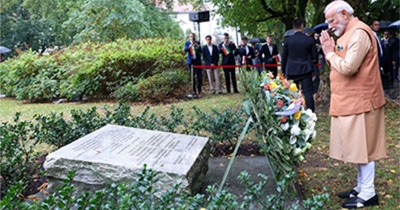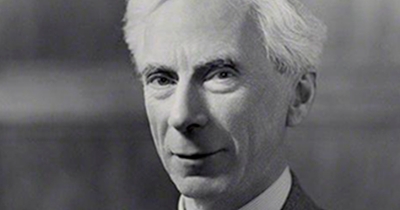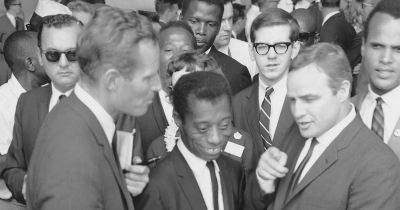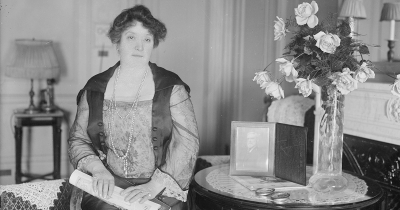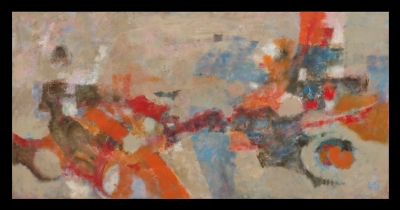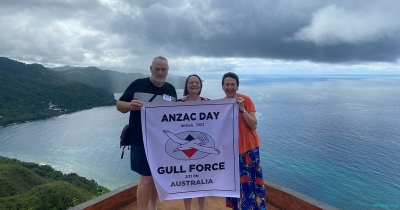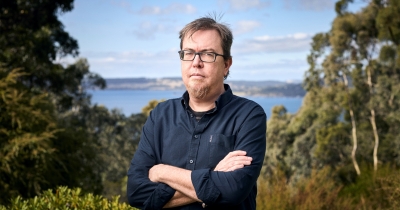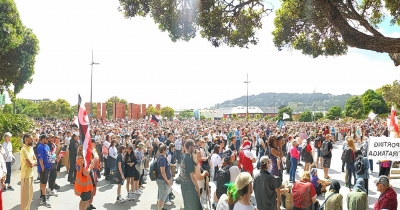Commentary
The monsoon has now settled the dust stirred up during an eventful and blisteringly hot early summer in India. From April to June, in seven stages of voting and in temperatures that in some parts reached the high forties Celsius, almost 650 million people cast their votes in the largest election ever organised. The polls and the pundits predicted another big victory for Narendra Modi and the Bharatiya Janata Party (BJP). Yet when the verdict came, it surprised most observers. The BJP, supported by its coalition partners, was returned to office with far fewer seats than expected, and with Modi’s political authority much diminished.
... (read more)Australia is experiencing a housing disaster that risks turning into a social and economic catastrophe. It is a disaster because all four aspects of the system are extremely stressed and play havoc with the lives and aspirations of millions of people. Home ownership is beyond the reach of many households, even those with two good wages coming in, let alone those with one. Rents have skyrocketed and few affordable rentals are available for ordinary working families. Housing costs are so high as to lower living standards generally. The modern history of social housing is one of deliberate government under-investment, to the point where it is available only to those on income support and with desperate needs. In our land of plenty, homelessness is among the highest in the world and visible to all – a fact reported to our national shame in the international media.
... (read more)Bill Hayden, the first Queensland policeman to lead a federal political party, wrote of his experiences as a constable – the violence, the squalor, the tragedy – in his autobiography, Hayden (Angus & Robertson, 1996), and concluded: ‘All of these led me to feel a great anger at the injustices some people had to bear.’ At one point, the former governor-general noted that his ‘humanist’ reaction to injustice reflected his background as the son of a father who was an illegal immigrant and a mother who suffered domestic abuse.
... (read more)After Netflix’s intriguing sci-fi thriller 3 Body Problem streamed into Australia earlier this year, readers rushed out in droves to buy the book on which the series is based: Liu Cixin’s The Three-Body Problem (2008), which was first translated into English in 2014. Most reviews have focused on the philosophical, literary, and cultural aspects of the book – and they are, indeed, fascinating. But the thing that interests me here is the accurate scientific detail that Liu uses to drive the story. Of course, this is sci-fi, so ultimately he presses real concepts into unreal (but imaginative) service. Still, much more physics and maths appear in his book than in the Netflix series, which, according to Tara Kenny’s review in The Monthly (April 2024), ‘offers a welcome workaround’ the science through visual effects. In the book, by contrast, ‘Lengthy passages are spent dutifully explaining physics theories and technological functionality, which is likely to deter readers who haven’t thought about science since they dissected a rat in high-school biology.’
... (read more)In 1903 W.E.B. Du Bois famously declared: ‘The problem of the twentieth century is the problem of the color-line.’ He meant not only in the United States but also elsewhere in the world. As for this century, in America, at least, we can now say it remains the dominant problem. The very fact, for instance, of a movement named ‘Black Lives Matter’ – now a decade old – speaks to something unspeakable: an obvious and overt racism that is driving America to a reckoning.
... (read more)Unfamiliar readers may assume that the Australian Dictionary of Biography (ADB) is a dusty, dense, traditional encyclopedia, its pages filled with dull entries on those whom posterity has deemed worthy of remembrance. Consisting of twenty heavy tomes (plus addenda), nine million words, and almost 14,000 scholarly biographies, it may seem like an unreadable piece of work that is of little relevance.
... (read more)Nilaveli, on the north-east coast of Sri Lanka, is a long way from Sydney’s S.H. Ervin Gallery, but when in 2017 I visited the exhibition Margaret Olley: painter, peer, mentor, muse, which traced the links between Olley and her circle, the name of one of her fellow artists took me straight back to the white sands of Nilaveli Beach.
... (read more)Pilgrimages to war cemeteries have long been part of the rituals of Australian remembrance. It is easy to understand why veterans and the parents and siblings of the men who died in war make these journeys. But why do younger generations do so today, more than a century after World War I and eight decades after World War II? These were not their battles, nor their wars. Why do they seek out the semi-sacred spaces of Commonwealth War Graves Commission (CWGC) cemeteries? And why do they weep over the grave of someone whom they have never met?
... (read more)It is only a coincidence that my book Frank Moorhouse: Strange paths, the first in a two-volume cultural biography of the Australian author, ends in 1974 – the same year that Copyright Agency was incorporated – and that it was published in time to celebrate the fiftieth anniversary of this incorporation. As Moorhouse himself always argued, such coincidences, chance happenings, and historical accidents are often far more important in shaping our culture than we like to concede.
... (read more)From across the ditch, New Zealand can look like a place where settlers and Indigenous people have forged a successful, postcolonial modus vivendi. The image conceals more than it reveals. As in Australia, relations between Indigenous people and the state are fraught. At the November 2023 election, right-wing minority parties won electoral support by rejecting what they have characterised as special privileges to Māori. And a long-standing, bipartisan consensus on ‘biculturalism’ is breaking down.
... (read more)

